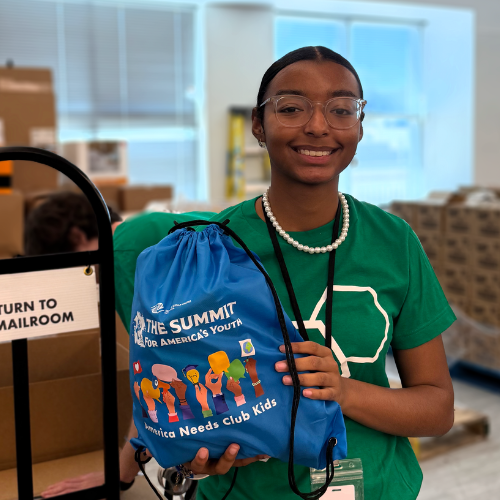Creating a Sustainable Future.
We're all about sustainability, focusing on shrinking our environmental footprint and acting responsibly. We’re constantly improving energy efficiency, cutting waste, and making a real difference for our communities and the planet. With thoughtful initiatives, we’re building a more sustainable future together.










